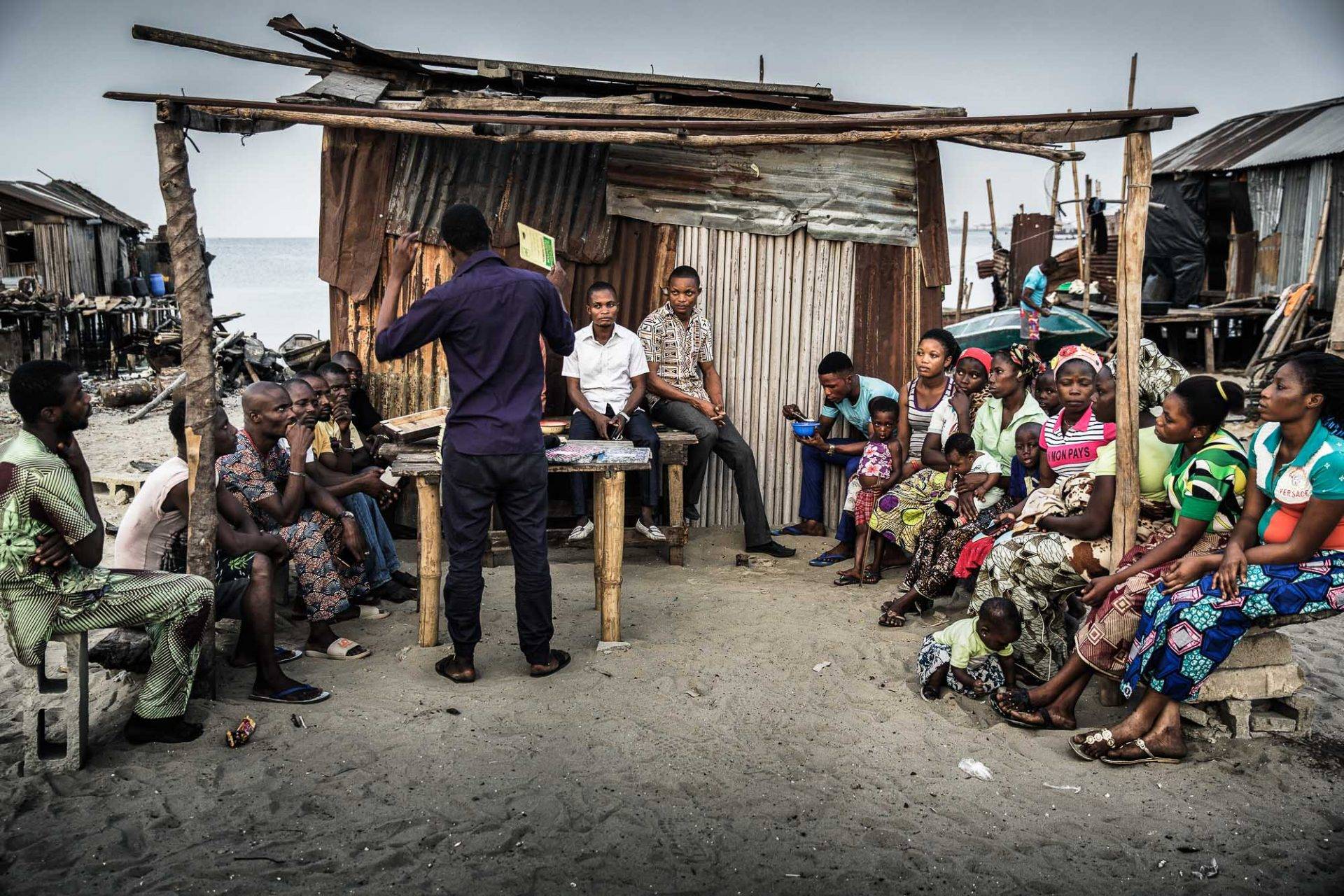This Part Of The World Bank’s Doing Business Report Shows Nigeria Worse Off Than Most

While Nigeria appears to have made a giant leap forward with respect to the World Bank’s latest Doing Business Index, there is one other aspect where the country appears to be failing miserably.
Most of the noise around the latest Doing Business report centred around Nigeria moving up 15 places in the Ease of Doing Business rankings and being named as one of only 2 African countries mentioned in the top 10 reformers globally. But the World Bank’s data on Nigeria wasn’t as glowing in the real estate segment.
The World Bank ranked Nigeria 183rd out of 190 countries in the Ease of Registering a Property ranking. It’s one of the worst positions among its African peers, signaling that things aren’t getting any better for Nigeria’s nightmarish real estate sector.
With the current ranking by the Bretton Woods institution, the most populous nation in Africa, which is faced with a housing deficit of more than 17 million units, was only better than 7 countries from the 190 that were surveyed.
Analysis of the 16th edition of the ease of doing business report revealed that Ghana which has almost the same population size as Lagos, Nigeria’s business hub, and South Africa, the continent’s most industrialized country, both ranked well ahead of Nigeria.
The World Bank’s data suggested that it takes 33 days to get a property registered in Ghana, with the country ranking 111th globally.
For South Africa, it takes just 23 days to have a property registered; that’s 10 days less than what is obtainable in Ghana. Thus, South Africa ranks as the 108th easiest country to register property globally.
However, the case is not the same in Nigeria as the World Bank data stated it takes three months and two days to get the same property documentation.
“Nigeria (Kano) made property registration less transparent by no longer publishing online the fee schedule and the list of documents necessary to register a property,” the report said.
Prior to the release of the World Bank’s 16th Doing Business report, the Lagos State Business Made Easy (BME) document driven by the Presidential Enabling Business Environment Council (PEBEC) said the new land documentation reform that is technology-driven has simplified the process by making online payments possible, automating procedures, and reducing charges.
“Total time required to register property has reduced from 105 days to 75, and the total number of procedures required to register property has reduced from 12 to 8,” the document read.
But the latest data by the World Bank revealed that Nigeria still requires 12 different procedures to obtain the document for a real estate development. In Ghana, procuring an identical document requires just 5 procedures.
Further analysis of the World Bank data revealed that while it takes 111 days to get a construction permit in Nigeria, the same papers can be obtained in 155 and 170 days in South Africa and Ghana respectively.
However, the document costs a lot more in Nigeria than it does in Ghana and South Africa combined. It cost 27.5 percent of the warehouse value to acquire a construction permit whereas in Ghana and South Africa it each costs 4.6 percent and 2 percent respectively.